[ad_1]
With a political stalemate, Libya’s situation has continued to deteriorate.
Qatar renewed its support for international, regional and UN efforts aimed at achieving peace in Libya on Wednesday as protests over the country’s political deadlock continued.
This came during remarks made by Hind Al Muftah, the Gulf state’s newly UN Permanent Representative in Geneva, who echoed her country’s support to Tripoli’s sovereignty and territorial integrity.
“She urged all parties to end the protracted transitional stages, move forward with the political process, and reach a consensual constitutional framework conducive to holding presidential and parliamentary elections,” read a statement by Qatar’s foreign ministry (MOFA).
The Qatari envoy also called on the international community and the UN to provide Libya with technical assistance “in line with the priorities and needs of the Libyan government”.
The latest statement comes as protests continue to rock Libya amid a political stalemate that has come in the aftermath of delayed parliamentary and presidential elections.
On Friday, demonstrators took to the streets across the country, initially protesting power cuts and a lack of basic goods and services.
Hotels in Tripoli, including the Four Seasons, which is not affiliated with the hotel chain, stepped up to offer students studying for their finals free electricity.
“Generators need constant maintenance and I’m always scared it would be stolen,” Aya Makki Sharif, an engineering technology professor who had brought her 11-year old son Al-Zarrouk to the restaurant to complete his maths homework, told Reuters.
The interim Libyan Government of National Unity (GNU), headed by Prime Minister Abdel Hamid Dbeibeh, was scheduled to remain in power until the December presidential elections in 2021.
Days ahead of the much-anticipated elections, the date was changed to 24 January this year by the High National Election Committee (HNEC).
However, the new deadline has passed and Prime Minister Fathi Bashagha came to power in February after he was appointed by the eastern-based House of Representatives. This has led to a political divide between two rival administrations, with Dbeibeh refusing to step down.
Tensions in Libya later increased, with Bashagha attempting to take control over Tripoli on 17 May. Bashagha was forced out of the capital city within hours following violent clashes.
Bashagha’s government is also backed by warlord Khalifa Haftar, who led a military campaign to oust the internationally recognised government between 2019 and 2020.
Qatar has long supported the UN-backed GNU, which came to power last year following a long period of instability after the overthrow of former dictator Muammar Gaddafi.
Uncertainty
Libyan political factions held negotiations in Cairo and Geneva in late June in hopes of agreeing over a constitution and elections, but ended without a breakthrough. In addition to outrage over the deteriorating living conditions, Libyans are concerned over a potential return to violence and conflict.
Since the appointment of the Bashagha’s controversial government, it has partially closed oil facilities in the east of Libya in an effort to press Dbeibah’s government to step down.
This has raised major concerns over the country’s power access, with many Libyans already frustrated over hours-long power outages.
Speaking to Reuters in June, Bashagha said he would likely end the oil blockade “if the central bank supplies the funds for the budget that parliament had approved” for his administration.
Protests are expected to continue if no resolution is reached, as some demonstrators told Reuters on Saturday, calling on others to place tents to carry out civil disobedience.
“We affirm our determination to continue the path of peaceful demonstration until the last breath to achieve our goals,” said the Beltrees youth movement, as quoted by the news agency.
The UN’s Libya mission chief Stephanie Williams had described the protests as a wake up call for the country’s rulers to finally hold elections.
[ad_2]
Source link


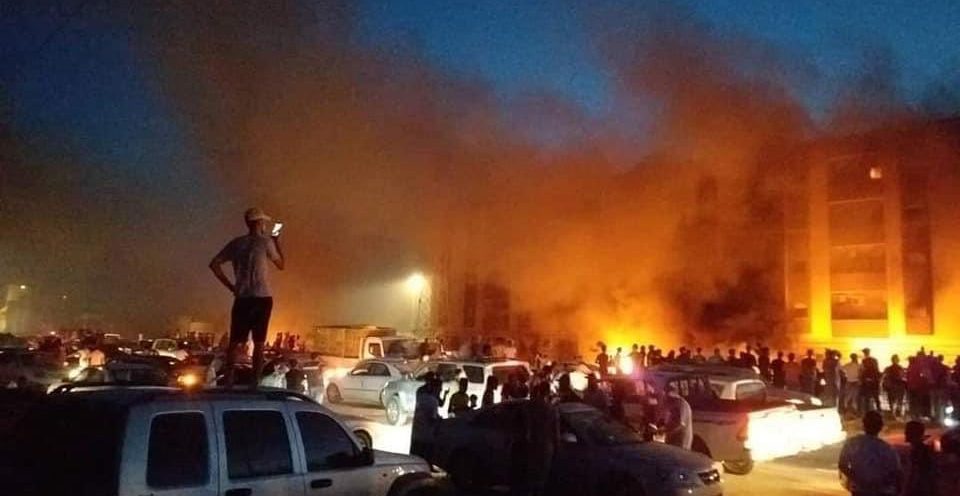
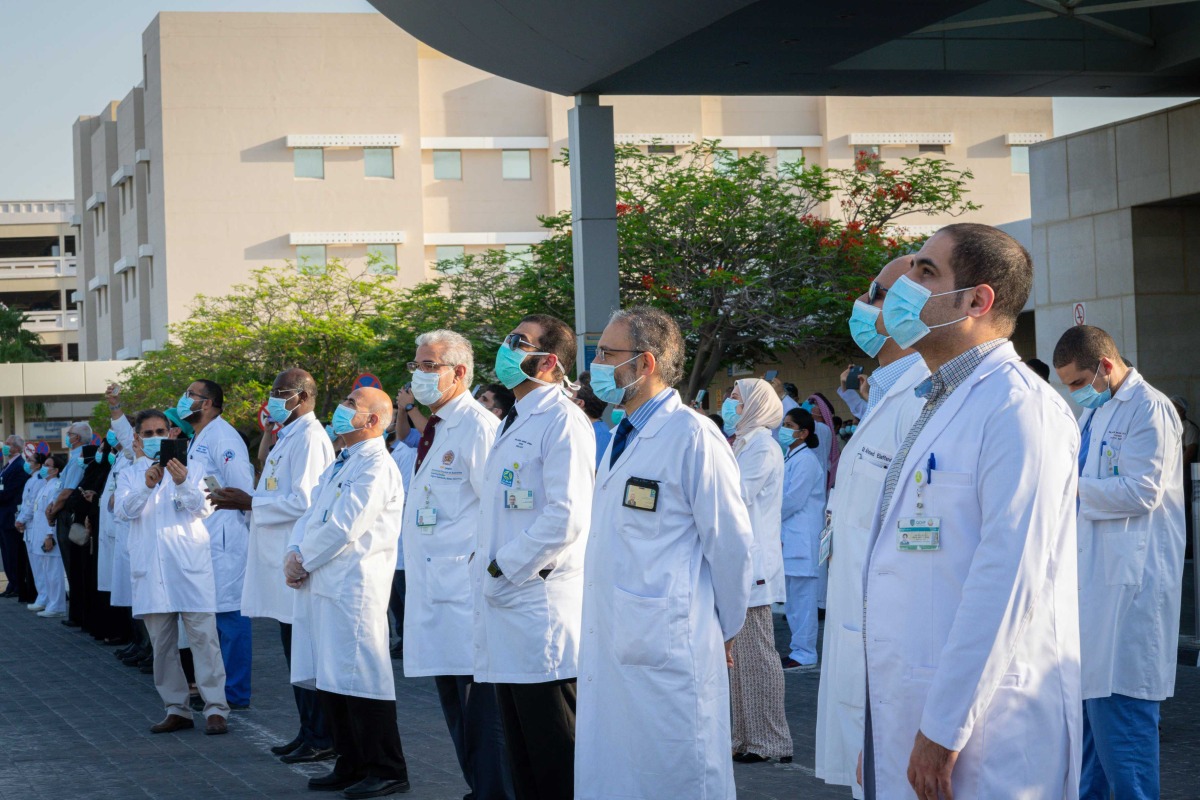
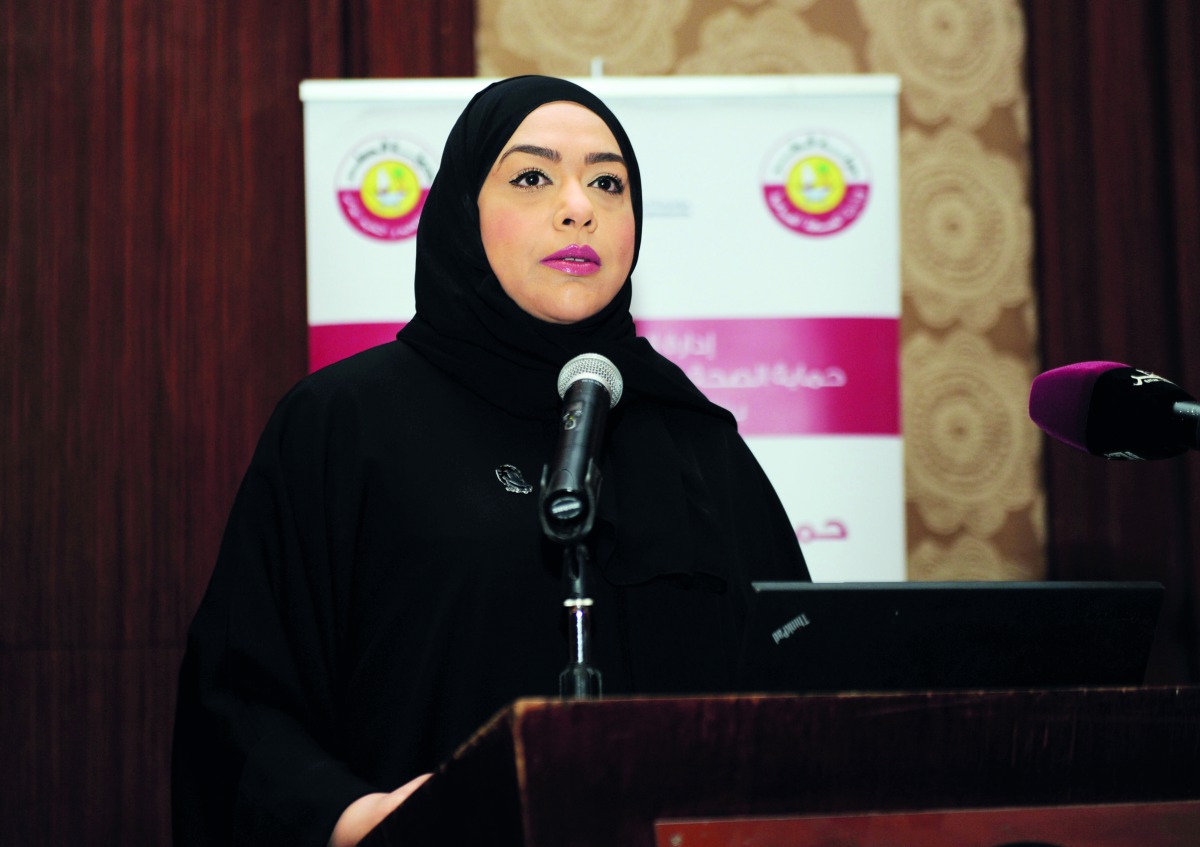


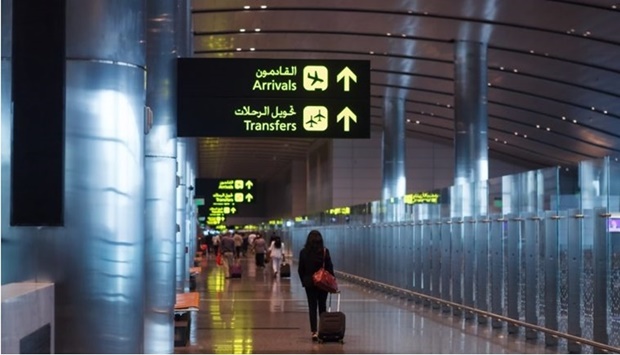
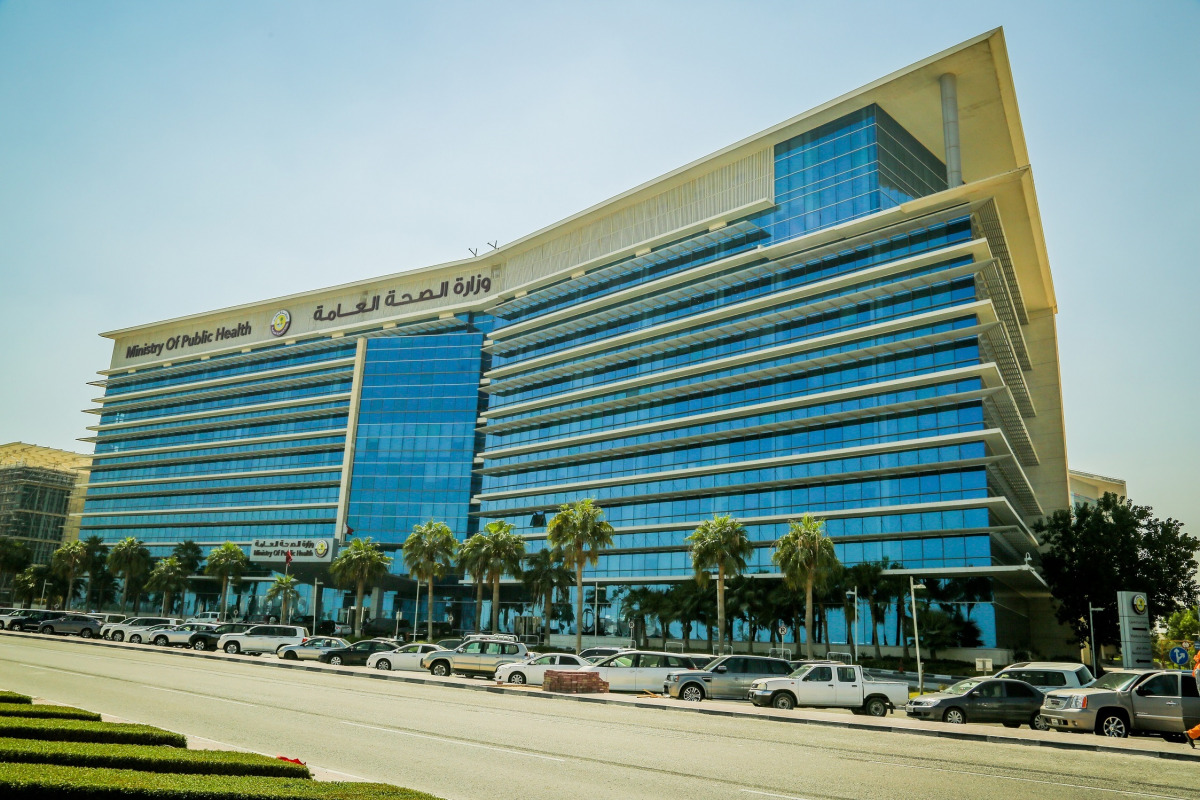
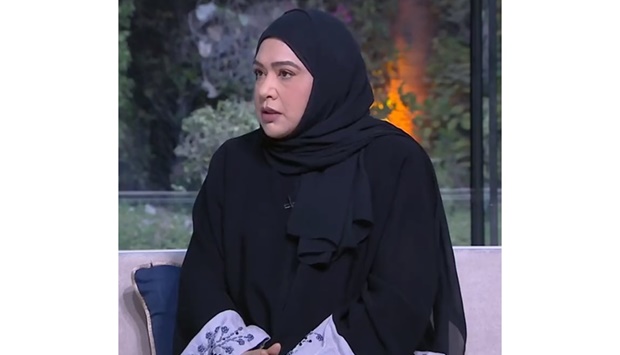







Leave a Reply